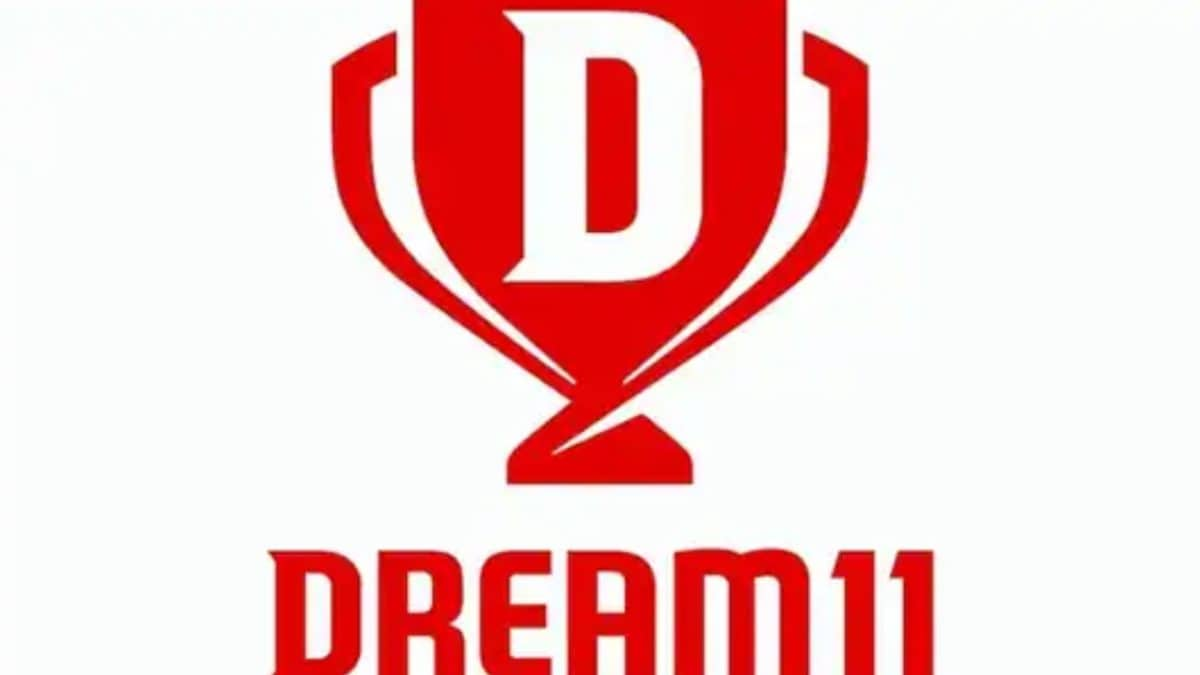

The Indian online gaming sector is facing a major upheaval following the passage of the Promotion and Regulation of Online Gaming Bill, 2025. This new legislation has led to several prominent real-money gaming platforms, including Dream11, PokerBaazi, and Mobile Premier League (MPL), suspending their operations in India. The bill, which aims to ban all forms of online money games, has been approved by both houses of Parliament and awaits presidential assent to become law.
The Promotion and Regulation of Online Gaming Bill, 2025, seeks to prohibit the offering, operation, facilitation, advertisement, promotion, and participation in online money games. This includes games where users deposit money, directly or indirectly, with the expectation of winnings. The government's rationale behind the ban centers on concerns regarding national security and public welfare. Officials have stated that the rapid spread of gambling platforms has caused widespread financial distress, addiction, and even suicide. They also suggest links to fraud, money laundering, and terrorism financing.
Under the new law, offenders could face imprisonment for up to three years and fines reaching ₹1 crore. Celebrity endorsers and influencers promoting such platforms risk two years imprisonment and penalties up to ₹50 lakh. Financial institutions facilitating transactions for these platforms may also face similar consequences. The government will also empower authorized officers to investigate, search, and seize digital or physical property linked to offenses, with authority to enter premises and arrest without warrant in certain cases of suspected violations. However, the bill clarifies that players of online money games will not be penalized; only service providers, advertisers, promoters, and financial supporters will face legal consequences.
Dream11, a major player in the fantasy sports arena, has confirmed that it will completely shut down its real-money services once the ban is active. Dream11's CEO, Harsh Jain, has informed employees that there is no legal pathway to continue operations under the new law. Similarly, Nazara Technologies announced that its associate company, Moonshine Technologies (PokerBaazi), has ceased real money online gaming operations. Other platforms like MPL and Zupee have also reportedly started suspending contests and paid games.
The ban has significant economic implications for the online gaming sector. Real-money games constituted a substantial portion of India's gaming revenues, and the blanket ban could push activity underground, hurt tax collections, and stifle innovation. Industry groups had urged regulation and taxation rather than a blanket ban, warning the move could drive players to illegal offshore platforms. The sweeping ban puts an end to the legal cover secured by RMG firms through multiple court rulings and marks a clear break from the past for the Indian government in terms of policy.
Despite the ban, the Promotion and Regulation of Online Gaming Bill, 2025, aims to promote e-sports and online social games. These are considered educative and entertaining, involving strategic thinking, team-building, and cultural exchange. The government believes this will encourage the growth of legitimate online gaming while protecting society from the harmful effects of online money games.
Enforcing the ban on RMG platforms may prove challenging. Illegal betting sites and gambling apps have previously evaded prohibitive restrictions by switching domains, using mirror websites, changing bank providers, using mule bank accounts, and relying on untraceable cryptocurrency wallets. The new online gaming law suggests that RMG platforms will be blocked through orders issued under Section 69A of the IT Act, 2000, similar to the blocking of illegal betting and gambling sites carried out in the past.
The passage of the Online Gaming Bill, 2025, has created uncertainty for the future of India's online gaming industry. While the government aims to curb addiction, financial ruin, and social distress caused by predatory gaming platforms, the ban has sparked debate and potential legal challenges. Some argue that the ban infringes on the right to trade and that some games, like poker, are skill-based and should be exempt. It remains to be seen how the industry will adapt to these changes and whether a regulatory framework can be established that addresses concerns about addiction and fraud while preserving innovation and economic growth.